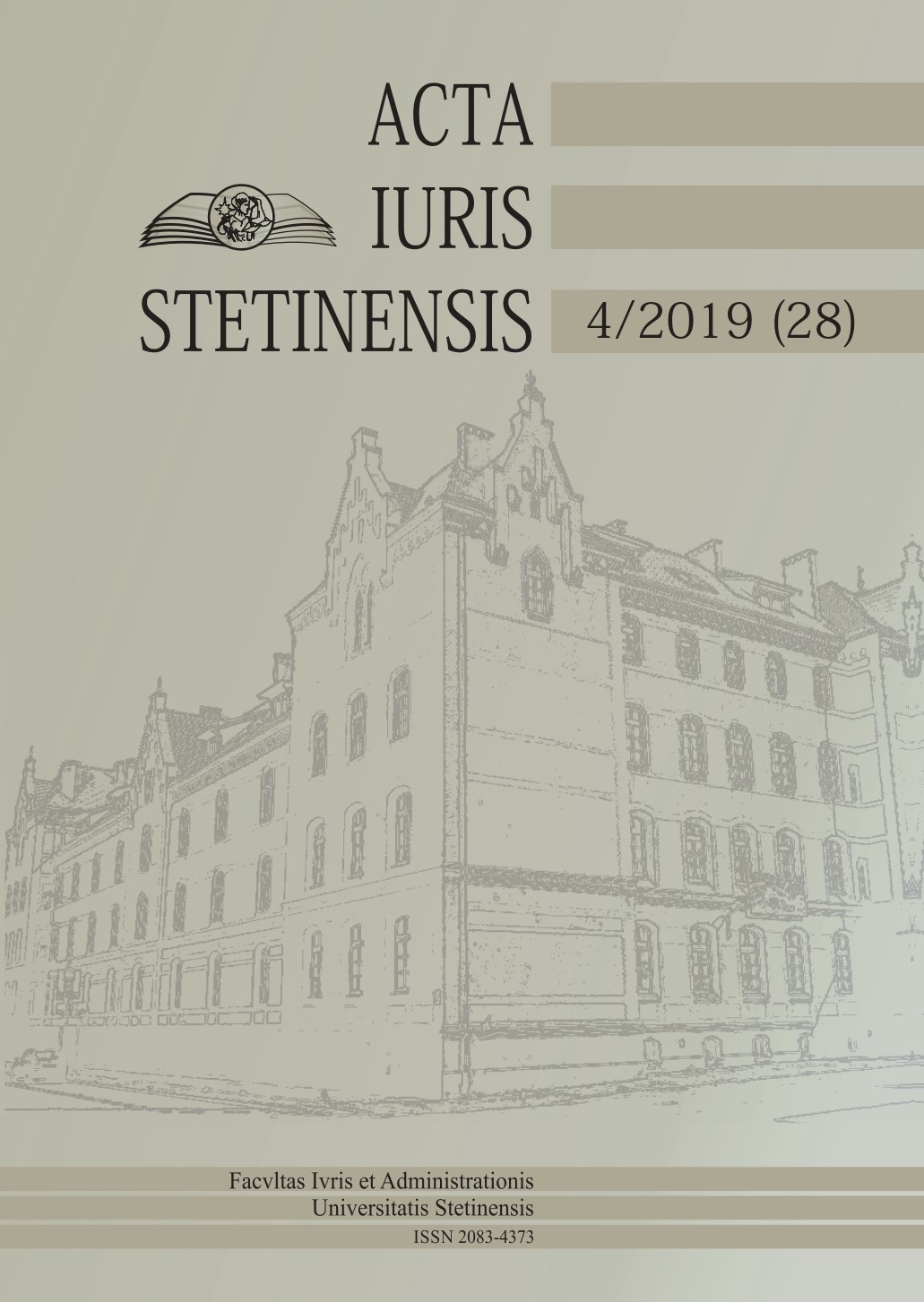Taxation of free-of-charge employee benefits. Gloss to the Judgement of the Supreme Administrative Court of 29 November 2018, II FSK 799/18
Taxation of free-of-charge employee benefits. Gloss to the Judgement of the Supreme Administrative Court of 29 November 2018, II FSK 799/18
Author(s): Artur JanickiSubject(s): Law, Constitution, Jurisprudence, Court case, Administrative Law, Labour and Social Security Law
Published by: Wydawnictwo Naukowe Uniwersytetu Szczecińskiego
Keywords: personal income tax; employment relationship; free-of-charge employee benefits; employee accommodation; secondment
Summary/Abstract: In this paper, the author presented his critical view of the position which the Supreme Administrative Court expressed in its judgement of 29 November 2018 (II FSK 799/18).1 The case in question concerned taxation of free-of-charge employee benefits, which consisted in providing an employee with accommodation in the place of secondiment. The court stated that, as a result of using the accommodation provided, the employee obtained taxable revenue. The author conducted a dogmatic and legal analysis of applicable provisions of the Personal Income Tax Act of 26 July 1991 and referred to views expressed in the doctrine of law and numerous judgements passed by administrative courts. The author paid particular attention to discussing the ruling of the Constitutional Tribunal of 8 July 2014 (K 7/13), in which the conditions under which a free-of-charge employee benefit may be deemed as revenue were described. Furthermore, the author expressed his critical view of the conclusions which arise from the resolution of the Supreme Court of 10 December 2015 (III UZP 14/15) and which the Supreme Administrative Court passively accepted in its grounds of the judgement in question. Finally, the author demonstrated that in the case in question, the requirement to provide the benefit in the interest of the employee was not met, and thus the benefit should not have been deemed the employee’s revenue.
Journal: Acta Iuris Stetinensis
- Issue Year: 2019
- Issue No: 28 (4)
- Page Range: 191-205
- Page Count: 15
- Language: English

